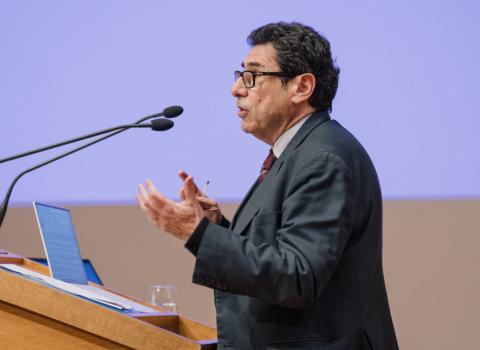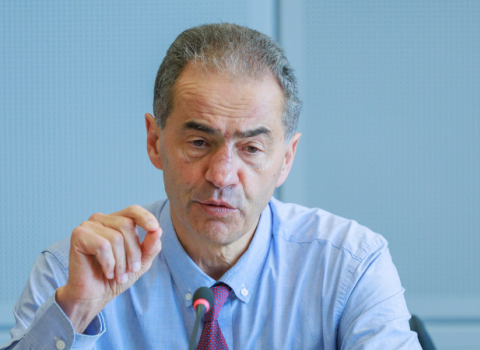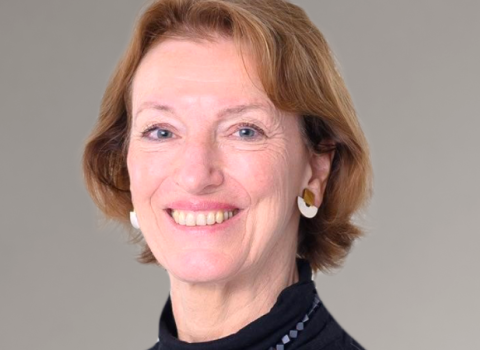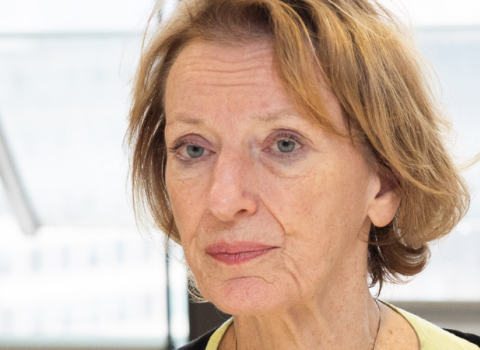At briefings with journalists on December 11 on Horizon 2020, European Commission officials said Europe's basic science agency, the European Research Council (ERC) is striving to manage what could be a high volume of applications – and a correspondingly low success rate. At present, about 10 per cent to 12 per cent of ERC applicants win grants; that’s a relatively low rate by international standards, and has helped cement the agency’s reputation for top-quality research. But with Horizon 2020, cut-backs in national funding budgets and pent-up demand among researchers could make the success rate fall further – causing administrative and political headaches.
As a result, the ERC “is sending a clear message that you should think twice before applying,” said one official. “Do you have the right level of excellence” to win a grant?
To put force behind that message, the ERC is changing its resubmission rule so that people who apply and are rated below a specified quality level are restricted from re-applying. Specifically, a scientist whose proposal is given a C grade by the ERC’s review panels in the main grant programmes in 2014 will not be allowed to re-apply until 2017 – a two-year ban. B grades get a one-year ban. “These restrictions are designed to allow unsuccessful Principal Investigators the time necessary to develop a stronger proposal,” according to a diplomatically worded ERC statement.
The problem, one official said, is that even before Horizon 2020 ERC applicant numbers were climbing by 40 per cent to 50 per cent a year. Continued growth at that rate would be “unstable,” he said. And at all costs, the agency appears to be striving to avoid a repetition of its very first grant call in 2007 when it received more than 9,000 applications for just 300 grants – an astonishingly low 3 per cent success rate.
Over the full seven years of Horizon 2020, the ERC will award €13.1 billion, around 17 per cent of the total budget. For the first calls, in 2014, €1.66 billion is being allocated under three schemes: Starting, Consolidator, and Advanced Grants – reflecting the different stages of scientific careers. In addition, about 100 projects will be funded under the Proof of Concept scheme, which aims to help researchers translate their research into a marketable product. No call will be open for a fifth type of ERC grant, for ‘synergy’ among collaborating researchers, in 2014.
On the day of the launch of the first calls, ERC President Helga Nowotny said, “With the publication of these first calls, Horizon 2020 is becoming a reality for many scientists. Competition in the ERC calls will remain fierce in the next seven years and only exceptional proposals are likely to be funded, with scientific excellence as the only criterion for selection. More than ever, I encourage researchers to submit their proposal only if they feel ready to take up the challenge.”
Summary of main calls from the 2014 budget






 A unique international forum for public research organisations and companies to connect their external engagement with strategic interests around their R&D system.
A unique international forum for public research organisations and companies to connect their external engagement with strategic interests around their R&D system.